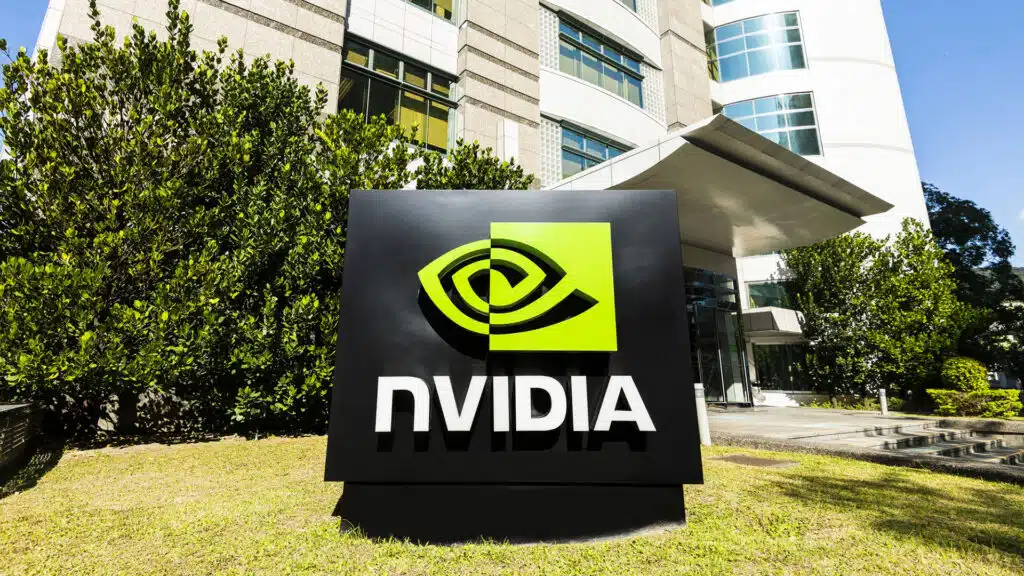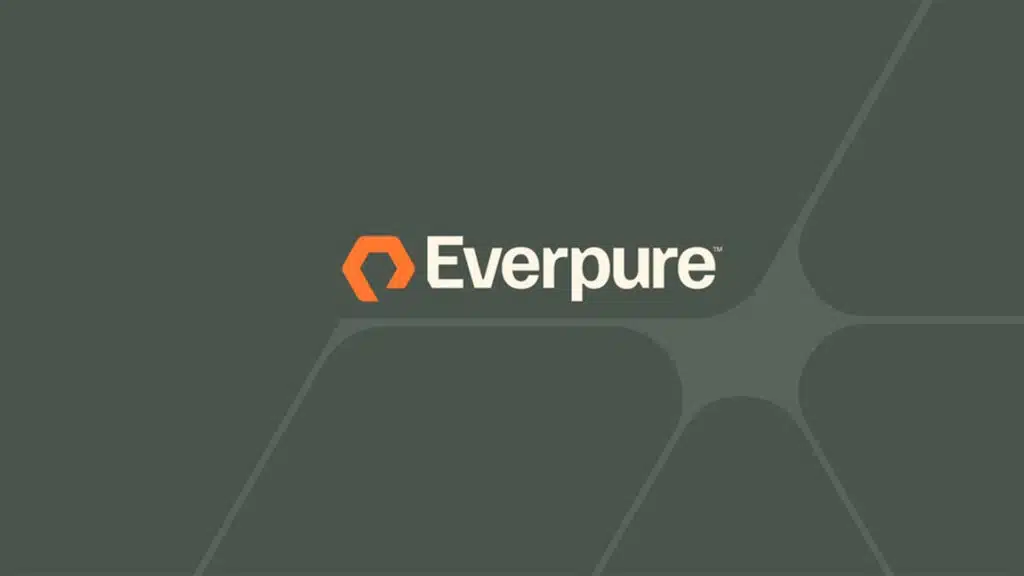The News: In a June 27 blog post, GitHub shared the details of recent research about the usage patterns of Gen AI-powered GitHub CoPilot, an automated code development tool developed by GitHub and OpenAI. Some of the key insights:
- GitHub CoPilot has been generally available for just over 1 year
- 1 million developers and 20,000 organizations are using it
- 3 billion accepted lines of code have been generated
- Users accept 30% of code suggestions and reported increased productivity gains from those acceptances
- The increase in developer productivity due to AI could boost global GDP by more than $1.5 trillion. GitHub calculates that estimate this way: “Using 30% productivity enhancement, with a projected number of 45 million professional developers in 2030, generative AI developer tools could add productivity gains of an additional 15 million “effective developers” to worldwide capacity by 2030. This could boost global GDP by over $1.5 trillion.”
- Developers completed tasks 55% faster with GitHub CoPilot
- Engineering teams at Duolingo have used GitHub Copilot for Business to achieve a 25% increase in developer velocity. “With GitHub Copilot, our developers stay in the flow state and keep momentum instead of clawing through code libraries or documentation,” says Jonathan Burket, a senior engineering manager at Duolingo.
Read the full GitHub research results blog post here.
GitHub CoPilot Research: Is Automated Code Development the Killer GenAI App?
Analyst Take: While it is one organization’s research, GitHub’s data points confirm other anecdotal evidence and are a remarkable signpost to the impact generative AI-powered automated code development is having. While copyright issues could be an impediment, right now, automated code development looks like the killer generative AI app. If the GitHub research insights turn out to be true, in addition to the GDP increase estimates, here are two additional market impacts of automated code development:
Better Applications
Theoretically, the productivity gains will enable development teams to roll out software updates faster, and to more rapidly iterate those applications. The time efficiency gains could mean developers can spend more time thinking creatively about how to improve applications.
New, Creative Applications
In thinking about the additional time developers will gain from automating tasks, in theory, they will have more time not only to be creative about applications in current production, but it could lead to time dedicated to developing new applications. It would be no surprise that enterprises will expect this type of creative production from their human resources.
Disclosure: The Futurum Group is a research and advisory firm that engages or has engaged in research, analysis, and advisory services with many technology companies, including those mentioned in this article. The author does not hold any equity positions with any company mentioned in this article.
Analysis and opinions expressed herein are specific to the analyst individually and data and other information that might have been provided for validation, not those of The Futurum Group as a whole.
Other insights from The Futurum Group:
GitLab and Google Cloud Partner to Expand AI-Assisted Capabilities with Customizable Models
GitLab and Oracle Partner to Accelerate AI/ML Development
Despite a Rise in AI in CX, People Still Prefer to Interact with Humans
Image Source: GitHub
Author Information
Based in Tampa, Florida, Mark is a veteran market research analyst with 25 years of experience interpreting technology business and holds a Bachelor of Science from the University of Florida.







